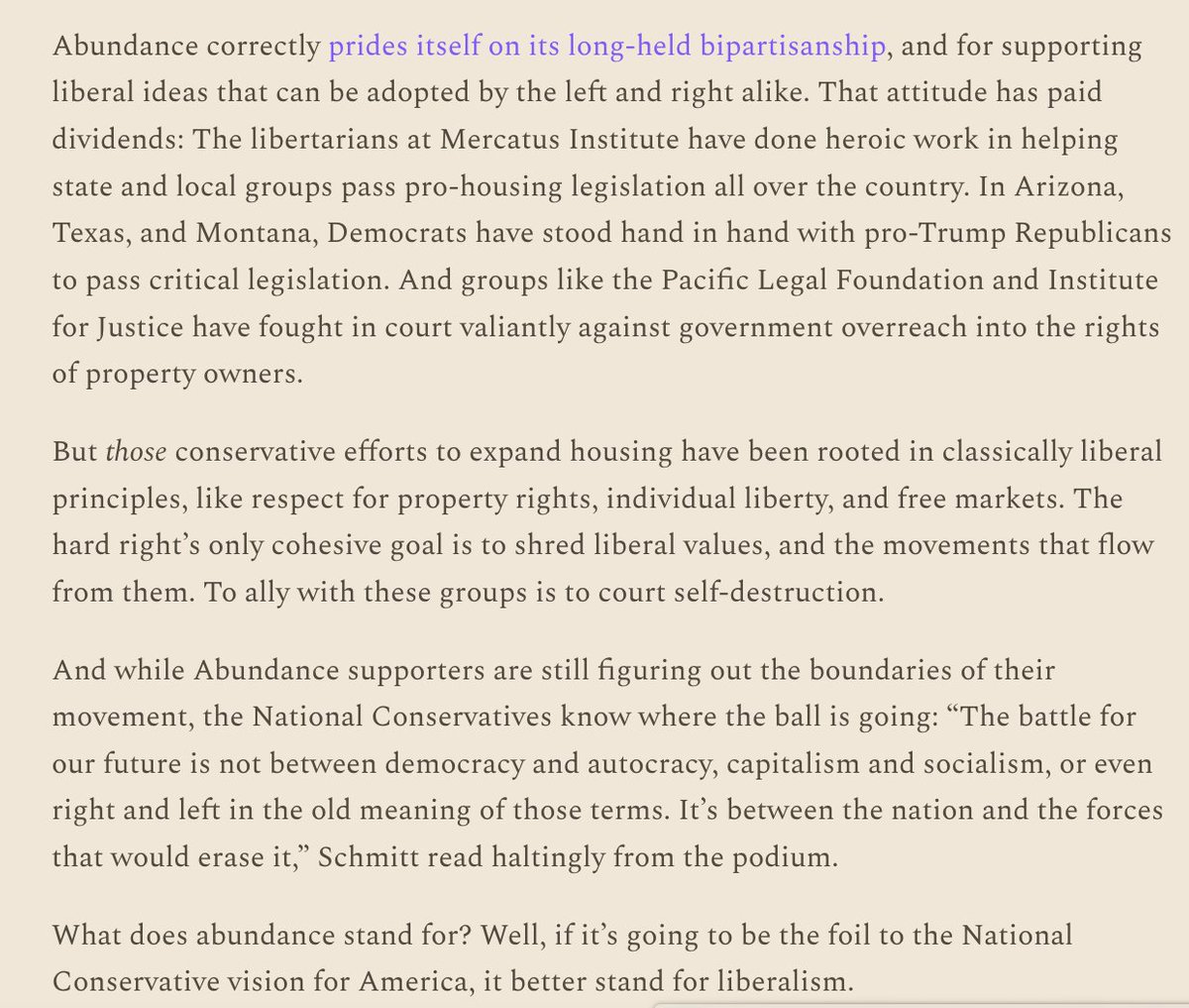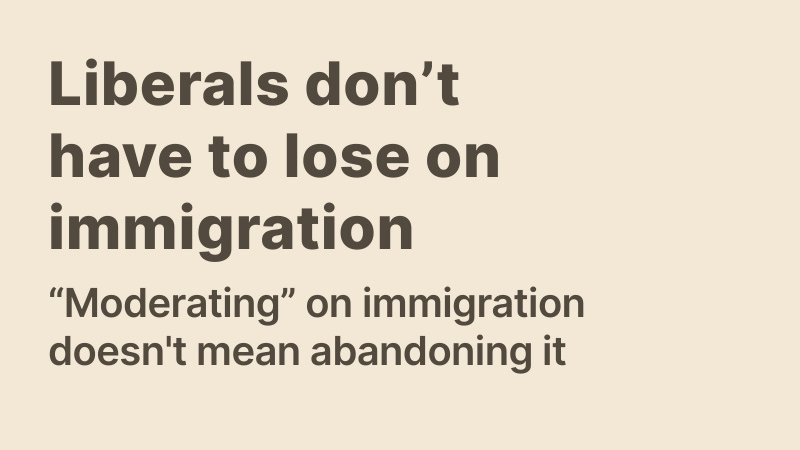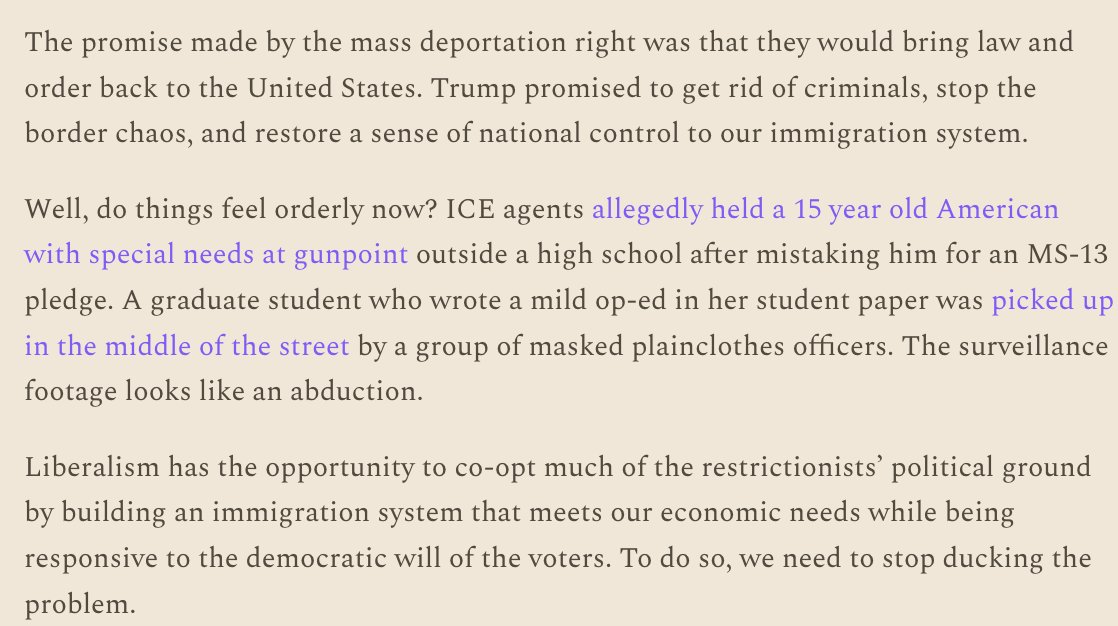New >> Is there a housing bubble? Maybe.
Does the answer to that question really change what the long term solutions are to our housing crises? No.
vox.com/22464801/housi…
Does the answer to that question really change what the long term solutions are to our housing crises? No.
vox.com/22464801/housi…
The case for calling the housing market a bubble:
- home prices have shot up
- the market's "frenzy"
@RobertJShiller described this aspect of bubbles to me as "a sort of epidemic of an idea, of a feeling of what one should do with one’s life or leisure or what’s cool."
- home prices have shot up
- the market's "frenzy"
@RobertJShiller described this aspect of bubbles to me as "a sort of epidemic of an idea, of a feeling of what one should do with one’s life or leisure or what’s cool."

More reasons:
- Many arguments against bubble-theory are that the fundamentals (low interest rates, Millennials entering the market) would of course lead to higher prices.
But as @AliWolfEcon explains, that's been true for years. So why the rapid price increase now?
- Many arguments against bubble-theory are that the fundamentals (low interest rates, Millennials entering the market) would of course lead to higher prices.
But as @AliWolfEcon explains, that's been true for years. So why the rapid price increase now?

The case against:
- Well, the fundamentals. There's a lot less supply because of historically low under-building and there's a lot more demand! Personal savings rate is up so people can afford downpayments etc. etc.
- Well, the fundamentals. There's a lot less supply because of historically low under-building and there's a lot more demand! Personal savings rate is up so people can afford downpayments etc. etc.

But why does it matter? Obviously we care if a crash would lead to a massive recession.
But last year's & this year's average home buyer has a great credit score and is less likely to default on their mortgage than during the last housing bust.
But last year's & this year's average home buyer has a great credit score and is less likely to default on their mortgage than during the last housing bust.

Either way, the long term solutions to our housing crises are the same. There are not enough homes. Starter homes in particular are at drastic lows.
But historic under-building especially in job-rich areas is going to continue creating bad market dynamics unless resolved.

But historic under-building especially in job-rich areas is going to continue creating bad market dynamics unless resolved.


While "housing bubble" questions are extraordinarily popular, the fundamental problem is less exciting. So I put it in there at the bottom for the real readers. 

Full article below! vox.com/22464801/housi…
• • •
Missing some Tweet in this thread? You can try to
force a refresh



















